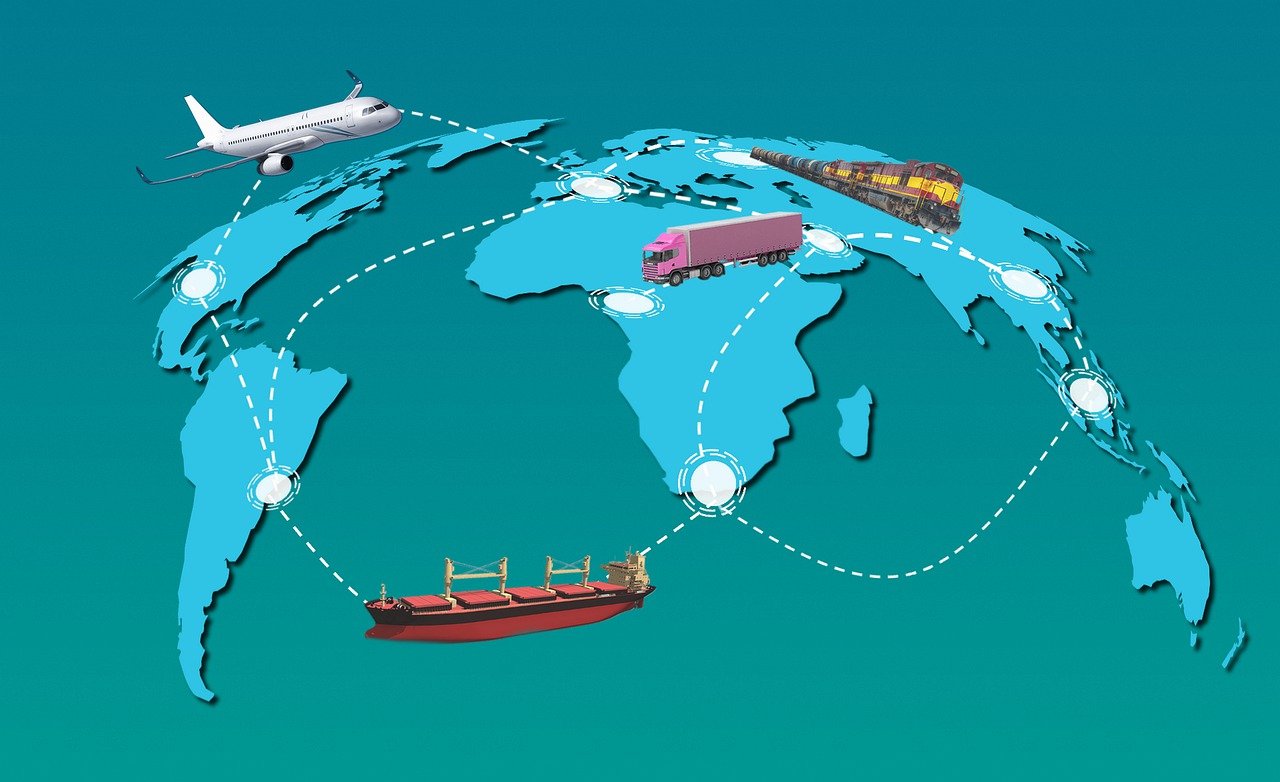Global shipping can become a headache if you aren’t aware of all the requirements needed to import your merchandise. Among the foremost is a Customs bond. The U.S. Customs and Border Protection (CBP) requires a customs bond for goods entering the country valued at over $2500, or $250 for Chinese goods. In addition, a bond may be required for specific items, regardless of their value. If you do not meet the criteria, your goods may be stuck at their port of entry. But how do you renew your bond? Read on!
Why Do You Need a Bond?
The Importer Security Filing ISF Bond (aka 10+2) is essentially a financial contract that guarantees the payment of all CBP import fees and obligations. The bond applies only to ocean freight imports. It must be filed with the CBP electronically 24 hours before the cargo sails from its port of origin. In essence, 10+2 involves three parties – the CBP customs agent (the Obligee), a surety company (insurance company authorized by the Treasury Department to write customs bonds), and the Importer of Record (the Principal). The importer handles entry, ISF filings, and clearance (coordinating payment and pickup) with his broker and carrier. He is also responsible for taking out the bond and organizing payment. If he cannot pay, the debt falls to the surety company.
ISF filing also identifies to Customs the importer, shipper, and shipment. Note that filing the ISF bond is not the Entry Summary (aka 7501 form), authorized by the CBP for all imported shipments regardless of the shipping method.
What Type of Bond Do You Need?
Before exploring how to renew a customs bond, you need to know which bond best suits your circumstances. Both have different customs bond renewal processes. All imported goods that top $2500 in commercial value require a bond. The choice is between a Continuous Bond or a Single-Transaction Bond (STB).
If you ship goods frequently, a continuous bond is most cost-effective and easy to renew. These bonds have a fixed annual rate that covers all your imports. They are placed on file permanently with U.S. Customs and are valid for 12 months. This variant is accepted at all U.S. Ports of Entry and fulfills CBP’s ISF Bond requirements.
An STB is associated with one entry of goods accepted at one specific port (listed in U.S. Customs 301 form). STBs cannot be reused and do not fulfill ISF bonding requirements. As such, you need a separate Entry bond to gain customs clearance.
Customs Bond Renewal
Depending on the agent you work with, you will receive a renewal notice before your payment deadline. Frequent importers who forget to renew their bond can suddenly find their goods stuck at customs and significant penalties.
The benefit of the renewal process is that it allows you and your surety to review the bond and decide whether to make any adjustments.
Online Renewal
Online digital solutions save businesses time, money, and effort. These solutions are especially relevant for SMB importers. eezyimport offers a user-friendly online customs clearance solution to traverse the tricky world of importing independently, thus reducing costs.
As part of the eezyflow™ system, importers can self-file their ISF bond or Entry Summary, meeting all CBP conditions. Having fast and instant access to the process anywhere, anytime – from your phone, tablet, or desktop, will impact your bottom dollar and help you succeed!





